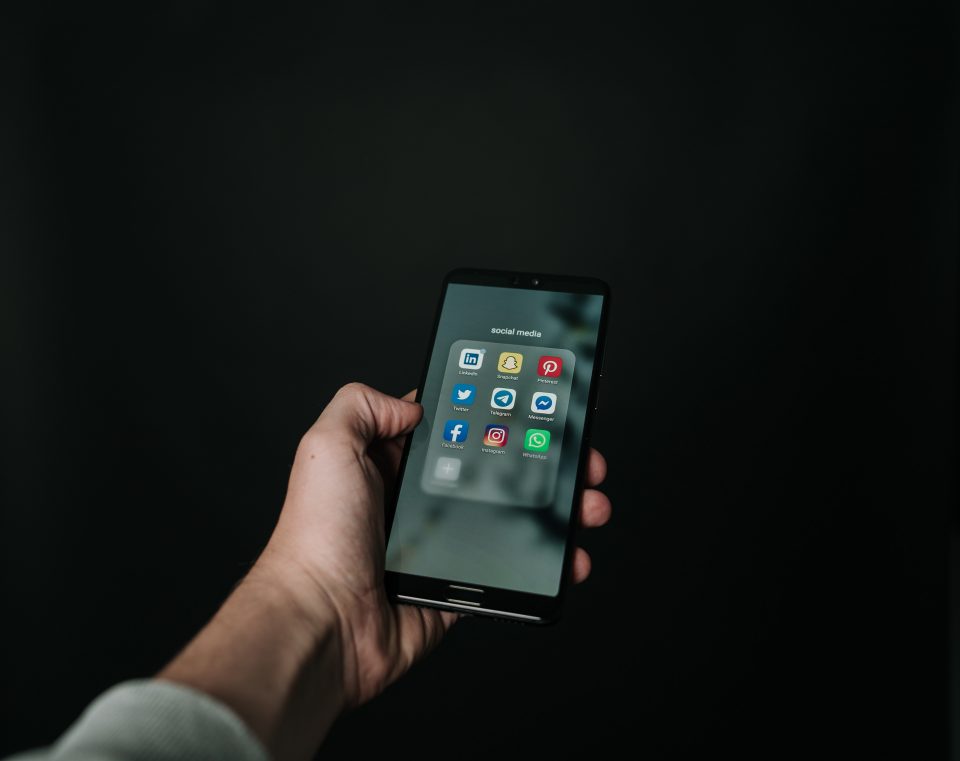Since its inception, social media has gained a massive increase in popularity. This popularity increased even more during the pandemic and the lockdown.
Data shows a considerable increase in the overall sign-ups and time spent on popular social media platforms such as Facebook, Twitter, Instagram, and YouTube.
In addition, due to the restrictions placed on physical meetings, people spent more time creating connections on social media, leading to an overall rise in the time people spent on social media. So how has this same social media made us into rivals?
How it has made us all rivals?
Human behavior is tuned to crave things others value – A new car, a sexy wife, a new gadget, a vacation, or even a happier life. Most people take to social media to display these items of value, often innocently. However, showing these things sparks the desire in others to attain or acquire them, making the people on our screens the model for our desires.
French social theorist, Rene Girard, calls these “mimetic desires.” Mimetic desire is the idea that our desires are general mimicry generated and shaped by those around us (Models).
This imitation is typically an unconscious process. Social media has given us a plethora of models by creating a space where we can peek into the lives of people we relate with socially and existentially.
Girard describes this as “Internal Mediation”- these people who are models of our desire can be inside our world by engaging them, talking to them, and, generally, competing with them.
All of this is made possible through social media and its access, making social media a chief agent of mimetic desires.
Social Media thrives on rivalry and imitation.
Most social media platforms rely on imitation and rivalry, for instance: sharing better tweets than a model of your desire, creating better content on YouTube or Instagram, creating a better Quora or Reddit channel.
All of these encourage a form of subconscious rivalry- constantly trying to be better than the person perceived to be the competition or better.
Influencers have come to capitalize on this to create trends that people would hop on no matter how dumb, dangerous, or ridiculous. The need to be better, to imitate, or compete is a strong driving force for humanity, and social media subconsciously fuels and feeds this need.
Rivalry equals higher engagement on social media
Social media companies know that more internal mediation and mimetic desires lead to greater engagement. They capitalize on this through the loud and proud display of followers, likes, comments, retweets, and views.
The more internal mediation of desire, the greater the number of people is stuck trying to imitate, rival, or better their model of passion.
On the other hand, social media users understand this too, which leads to what can only be summarized as a “Look here, my life is better than yours” display- Why else would anyone make posts about what they had for dinner?
This display of something better drives engagement, leading to more posts that look or sound similar, driving even more attention. It’s a vicious cycle that we all signed up for. Geoff Schullberger puts it quite excellently:
“Their equalizing structure- What is most celebrated about them- converts all users into each other’s potential models, doubles, and rivals, locked in a perpetual game of competition for the intangible objects of desire of the attention economy.”
In conclusion, social media has created a global village, made connections more straightforward, and given us a more accessible world.
In addition, it’s removed all the distinctions and forced everyone into the same profile box, breeding a sameness and desire for attention that is the mother of rivalry, and this is how social media has made us all rivals.


